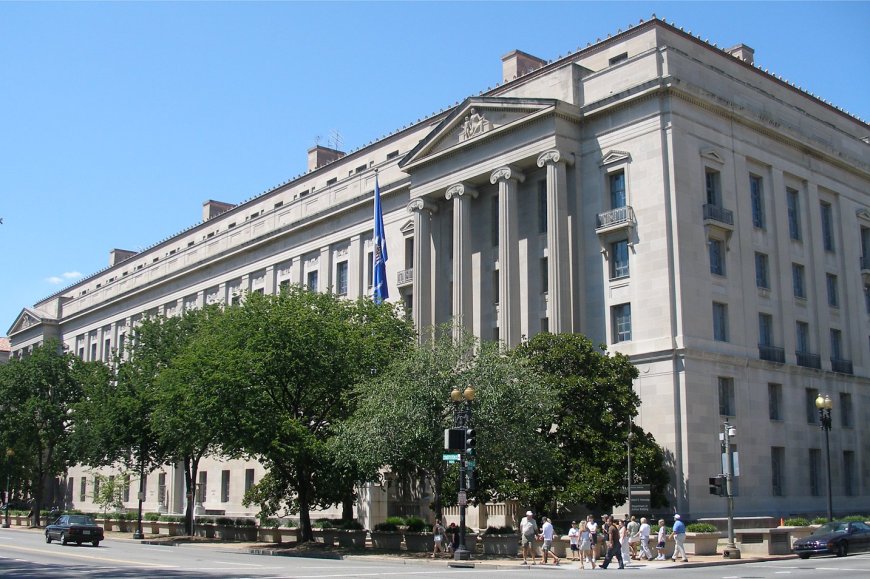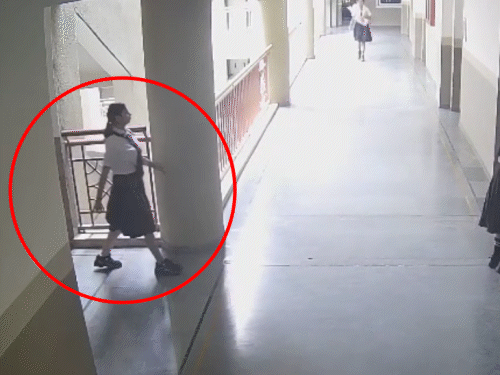DOJ Restricts Legal Aid to Undocumented Crime Victims: A Policy Shift Stirring National Debate
The DOJ has restricted federal crime grant funding for undocumented crime victims, sparking debate over justice, public safety, and retroactive policy shifts.

The Department of Justice (DOJ) has unveiled a new directive restricting the use of federal crime grants to provide legal aid for undocumented immigrants. The rule, announced this week, sharply narrows the eligibility for such services, allowing exceptions only in narrowly defined cases such as human trafficking, domestic violence, or crimes against children. The move has ignited a heated national debate on public safety, access to justice, and the broader implications of retroactive changes to federal grant programs.
A New Legal Landscape
Under the directive, victim assistance programs funded by the DOJ can no longer broadly serve undocumented immigrants who are victims of crime. Instead, legal support will be limited to very specific instances where federal law requires access. This represents a marked shift from the previous approach, which allowed more discretion for nonprofits and local organizations to assist crime victims regardless of immigration status.
Critics argue that the decision could leave thousands of vulnerable individuals without vital legal representation. Supporters, however, say the directive reinforces the principle that taxpayer-funded resources should be prioritized for U.S. citizens and lawful residents.
Voices of Support and Opposition
Immigrant rights advocates were quick to condemn the move. “This policy effectively silences victims who are already living in fear,” said a spokesperson for the American Immigration Council, stressing that undocumented individuals who are victimized may now hesitate to come forward to law enforcement, fearing deportation.
On the other side, proponents such as the Federation for American Immigration Reform praised the decision, arguing that providing federally funded legal aid to those unlawfully present creates incentives for illegal immigration. They believe the DOJ is right to limit resources in a way that aligns with existing immigration law.
Retroactive Impact
Perhaps most controversially, the directive will apply retroactively, impacting organizations that already received grants and were using them to serve undocumented crime victims. Many nonprofits now face the prospect of redirecting funds or abruptly ending services, leaving victims in the middle of ongoing cases without representation.
“This is not just a policy decision—it’s a disruption of justice in real time,” said a director at a Los Angeles–based nonprofit, noting that their caseload includes dozens of undocumented survivors of violent crime.
Public Safety Concerns
Law enforcement officials across several states have expressed concerns that the DOJ’s move could unintentionally undermine public safety. Victims who fear deportation may now be less willing to report crimes, leading to under-enforcement in immigrant communities.
Sheriff organizations in states like California, Arizona, and New York have previously testified before Congress that immigrant communities are already reluctant to engage with police, and the directive could deepen that mistrust.
Broader Political Context
The decision comes amid President Donald Trump’s second term, which has been marked by renewed efforts to tighten immigration policies. It also reflects ongoing tensions between federal priorities and local jurisdictions, many of which operate under “sanctuary” policies that seek to protect undocumented residents.
The DOJ’s directive fits within a larger framework of immigration-related policy shifts that emphasize enforcement and deterrence. Some analysts argue it could play into 2026 midterm election debates, with immigration once again a top-tier political issue.
Looking Ahead
As the new directive rolls out, legal experts expect lawsuits challenging its implementation, particularly the retroactive provisions. Civil rights organizations are preparing arguments that the rule may violate constitutional protections of due process.
For now, undocumented victims of crime—many of whom already navigate life in the shadows—face an even steeper uphill battle for access to justice. The ripple effects will likely be felt across nonprofit organizations, law enforcement agencies, and immigrant communities nationwide.
What's Your Reaction?
 Like
0
Like
0
 Dislike
0
Dislike
0
 Love
0
Love
0
 Funny
0
Funny
0
 Angry
0
Angry
0
 Sad
0
Sad
0
 Wow
0
Wow
0






































































